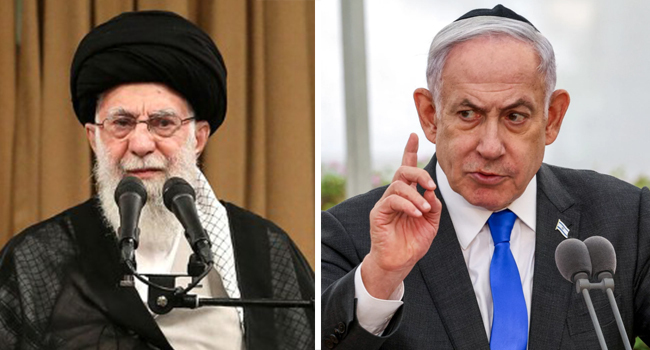The U.S. is bracing for Israel’s response to Iran’s significant missile strike, and while it supports retaliation, Washington is advising caution. President Joe Biden, after discussing with G7 leaders, emphasized the importance of a measured response, urging Israel to avoid targeting Iran’s nuclear sites, which could further destabilize the region.
Biden and his counterparts agreed Israel has a right to respond but stressed that it should be proportional. The concern is that striking Iran’s nuclear or oil infrastructure could lead to broader conflict, though Israel has not yet decided on its course of action.

U.S. officials, including Secretary of State Antony Blinken, have been in talks with key allies to reinforce the need for restraint. Despite pressures on Israeli Prime Minister Netanyahu to act decisively—especially after significant moves against Hezbollah and Hamas—the U.S. is advocating for a response that avoids full-scale war.
State Department spokesperson Matthew Miller echoed this, saying the U.S. aims to prevent a regional escalation, while maintaining Israel’s right to defend itself. However, the situation remains tense, and much depends on how Israel chooses to respond. Both Israel and Iran are making high-stakes decisions, and Washington is watching closely, trying to navigate the crisis without fueling further conflict.
